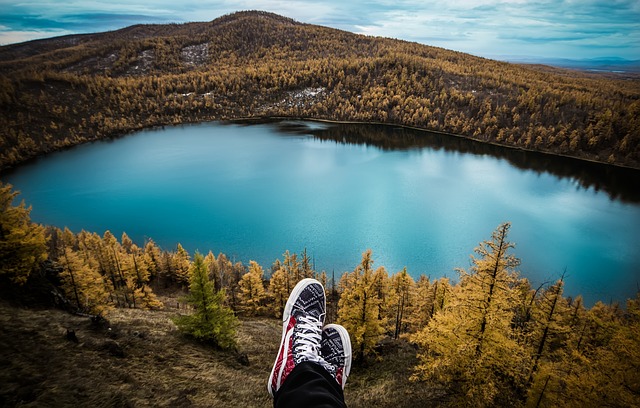For over six months, New York City’s hotels have seen business slow and cease almost entirely. Since the initiation of mandatory lockdown, only 90 of New York’s 650 hotels remained open, primarily as lodgings for emergency workers and service providers. The city’s tourism bureau, NYC & Company, though is also tracking a change as people begin emerging from their protective pods. Through the All In NYC: Staycation campaign, the company is targeting locals and nearby residents looking for a change of scenery.

It seems, for now, that the campaign is working. The individuals and families booking the rooms are not typical tourists and business travelers; they are suburban dwellers who are bored, need a break from the home they have been stuck in since March, and those looking to celebrate something special. Some couples, who have chosen to elope instead of postponing their wedding to a post-pandemic date, are making reservations as part of a pseudo-honeymoon.



